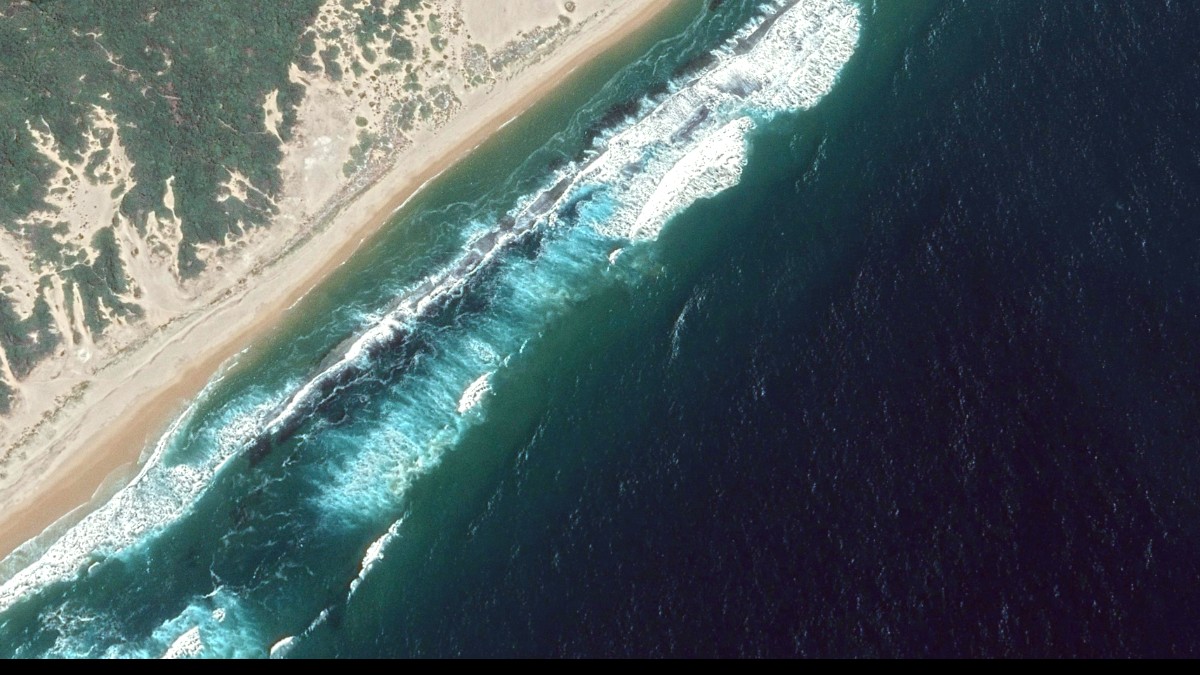
Mozambique
Marine Protected Areas: The waters off Inhambane, specifically around Tofo and Barra, are recognized as critical habitats for marine megafauna, including whale sharks, manta rays, and humpback whales. Efforts actively protect these species and their underwater habitats, including the extensive coral reefs.
Marine Megafauna Foundation (MMF): Based in Tofo, this globally recognized organization conducts research and conservation efforts focused on marine animals. Visitors discover their work, attend educational talks, and potentially join citizen science initiatives like photo identification of whale sharks and manta rays.
Inhambane's marine environment is its greatest asset.
Infrastructure for waste management is limited in Mozambique, including Inhambane. Littering, notably of plastics, shows as a visible issue in some areas. Formal recycling programs are rare outside of Maputo.
When booking, look for lodges and dive centers demonstrating commitment to environmental sustainability.
Consider offsetting your flight emissions through reputable carbon offset programs. While not directly implemented in Inhambane, this action mitigates the environmental impact of your travel to the region. Terrapass is a carbon offset provider.
To lessen the carbon footprint of your air travel.
Support projects that reduce greenhouse gas emissions elsewhere.
Seek reputable programs for effective offsetting.
Choose responsible operators, minimize your waste, conserve water, and consider carbon offsetting to protect Inhambane's natural beauty.
Deepen your understanding of local life with excursions into the region's cultural fabric.
Support for local culture enriches the community.
Engage with locals respectfully and openly.
Respect privacy and sacred spaces.
Always ask for explicit permission before taking photographs of people, especially children. Respect "no photo" requests without argument. Be discreet and considerate with your camera in religious sites or during sensitive cultural events. Avoid photographing military installations or government buildings.
If visiting churches or mosques, dress modestly (shoulders and knees covered). Remove your shoes if required, especially in mosques. Maintain a respectful demeanor and avoid loud conversations. Avoid visiting during prayer times unless specifically invited.
Patagonia offers sustainable outdoor gear for conscious travelers.
Do not contribute to illegal wildlife trade by buying products from endangered species. Avoid giving money directly to children; support established community projects instead. Beware of scams and illegal substances.
Learning basic Portuguese phrases goes a long way. Always request permission for photos. Dress respectfully in non-beach areas. Support local through fair trade and community initiatives.